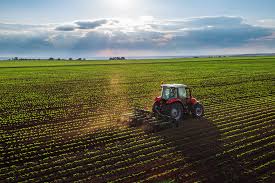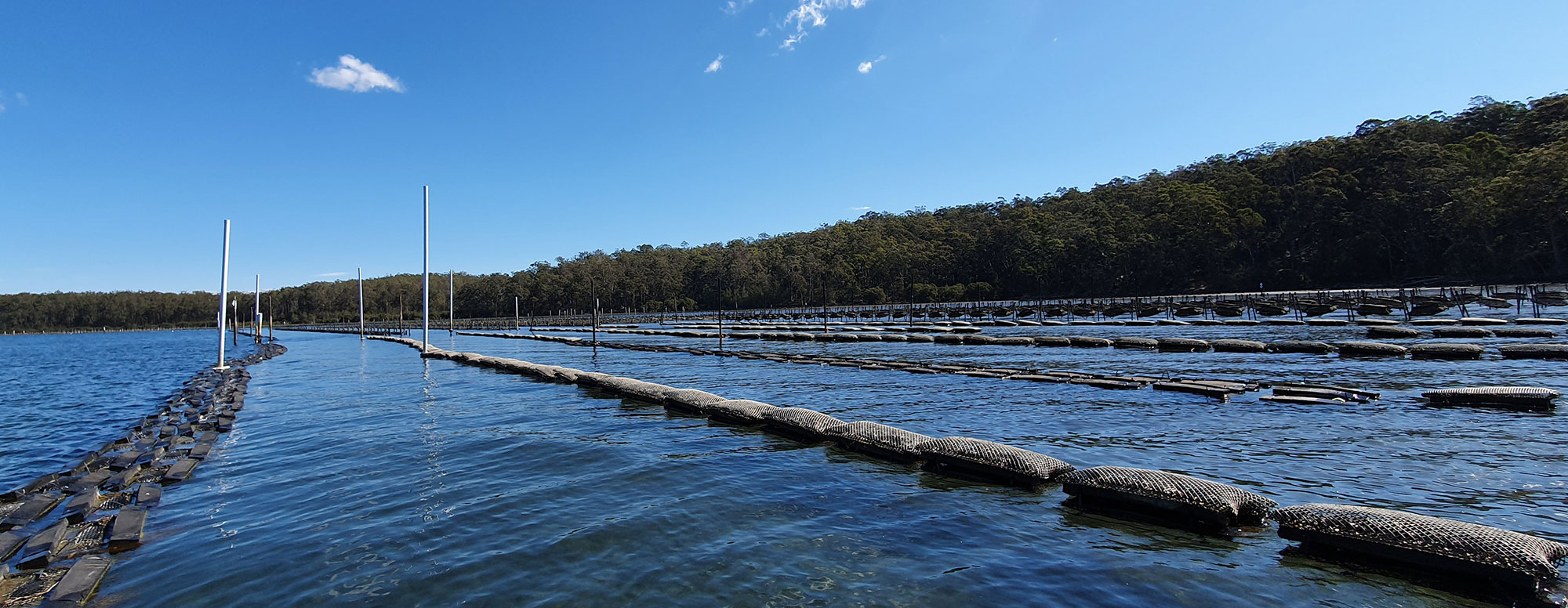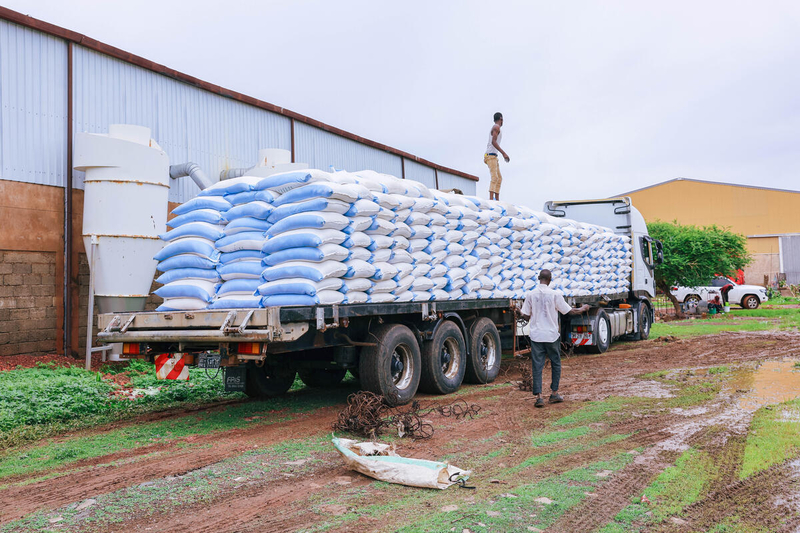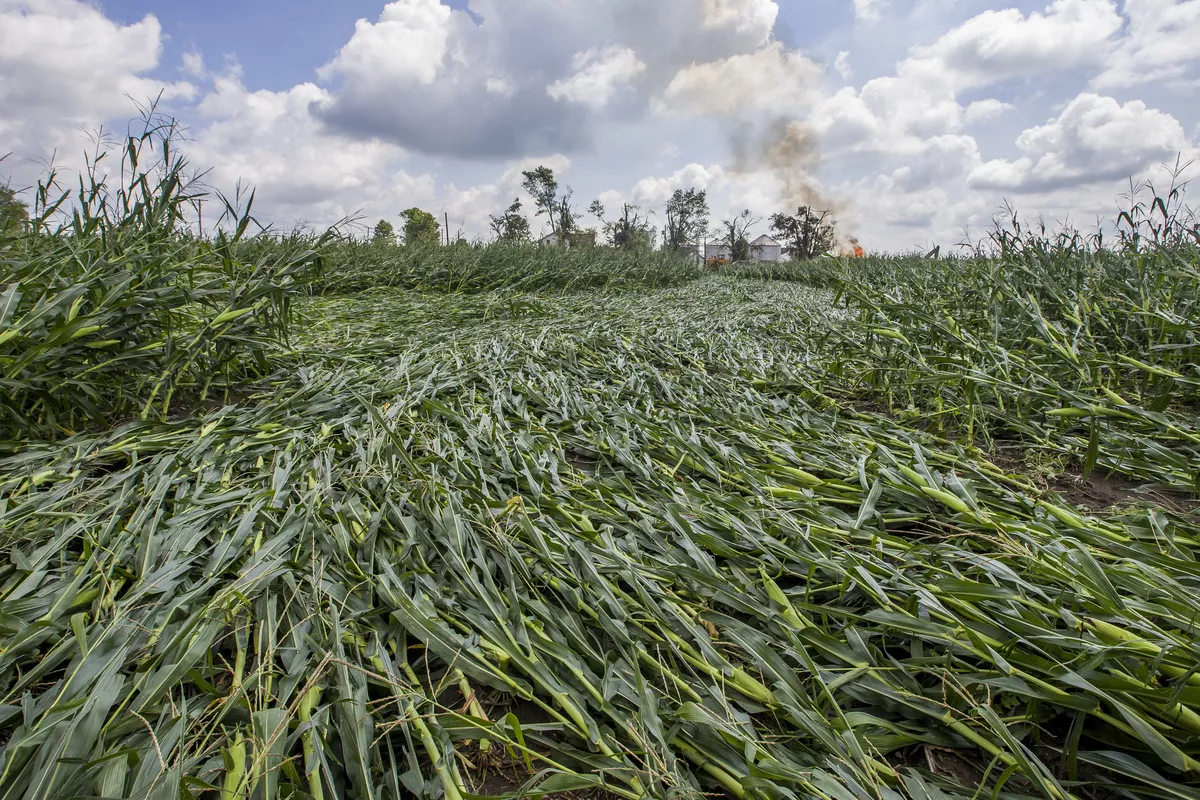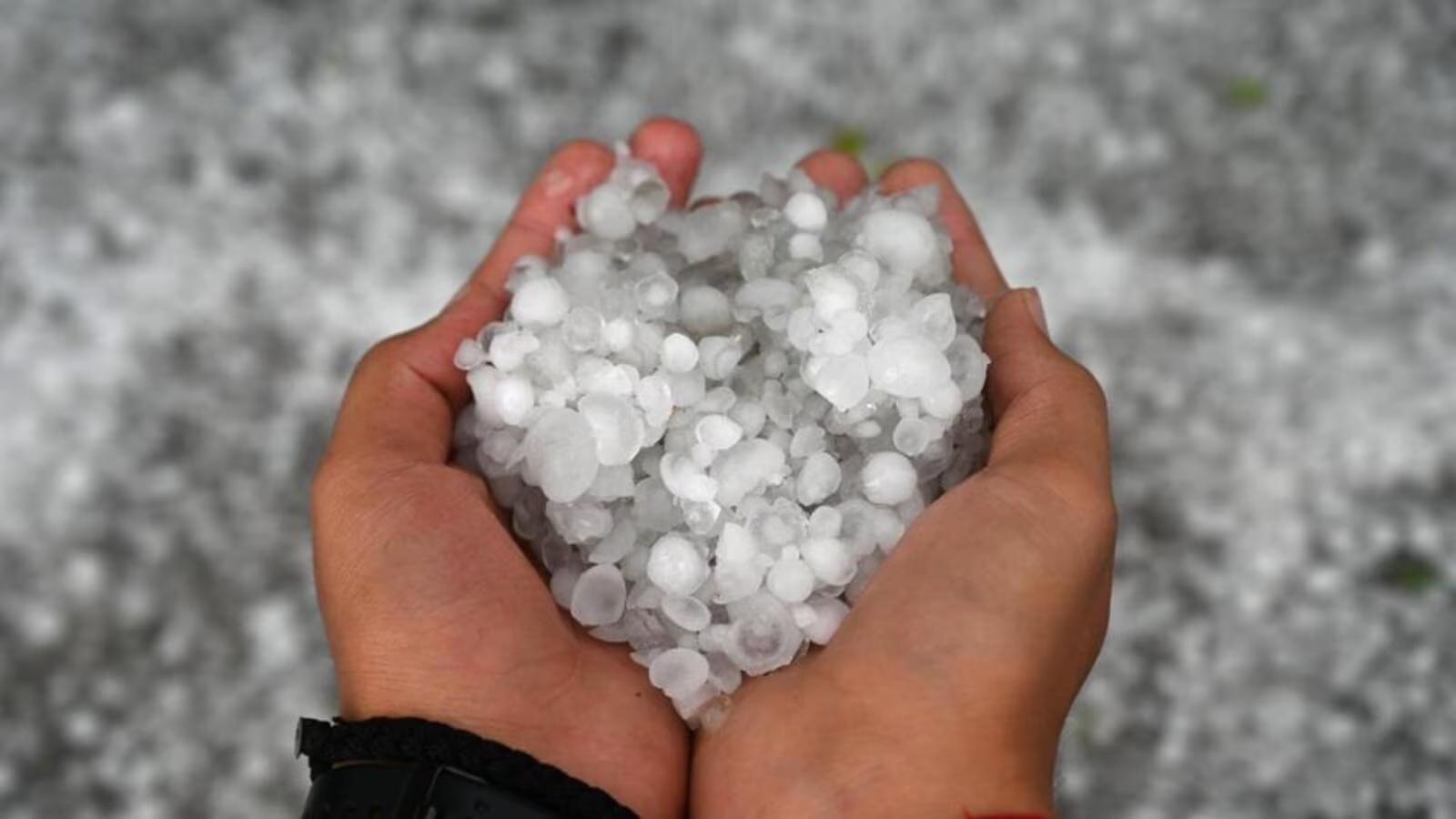EastFruit analysts have conducted a thorough examination of the frost's repercussions on berry cultivation. As a reminder, the previous week concluded with numerous European nations reporting nocturnal air temperatures plummeting below the freezing point. Given the current fervor surrounding the raspberry market, concerns were raised regarding the potential impact on berry plantations.
Contrary to widespread reports of substantial frost-induced damage to raspberry and blueberry plantations in Poland, visual evidence from these areas largely contradicts such claims. The images frequently depict plantations equipped with effective frost protection systems, such as overhead irrigation, which have successfully mitigated potential harm. The presence of ice on plants serves as a protective barrier, maintaining a positive temperature within and safeguarding the blossoms from frostbite.
It's important to note that nighttime temperatures in most regions remained above one and a half degrees below zero, with only sporadic instances of further decline. Daytime temperatures rose well above freezing, limiting the duration of cold exposure to the plants. This temperature range poses no threat to the flowering blueberry, whose bloom structure inherently shields against frost—a fact substantiated by repeated practical tests. In Ukraine, such temperatures were predominantly recorded in the country's western territories, where no significant issues for blueberries have been reported.
At the time of the frost, summer raspberries had not yet entered their blooming phase. Therefore, any potential damage would have been confined to the exceptionally early varieties. Notably, in Ukraine's Transcarpathian region—characterized by a warmer climate and advanced plant development compared to other western areas—there have been reports of damage to the earliest raspberry varieties. Nonetheless, this region's contribution to overall raspberry production is relatively minor.
The raspberry harvest season in Poland commences approximately one to two weeks later than in Ukraine, suggesting that significant losses due to frost are unlikely. While isolated instances of damage to early varieties destined for the fresh market may occur, they are expected to be inconsequential unless further frosts arise in the near future.
It is also noteworthy that Ukraine cultivates a considerable quantity of remontant raspberry varieties, which primarily contribute to the frozen berry supply. These varieties were unaffected by the frost events.
In essence, while the frost will exert some influence on the blueberry and raspberry market, it is anticipated to stem more from reports of losses rather than the actual extent of damage, which we believe to have been minimal.
Conversely, reports from Serbia present a conflicting narrative. Despite assertions of a "total loss of the raspberry harvest due to frost," photographic evidence suggests minimal impact on the crops. Although the plants appear frosted, they do not exhibit signs of damage. However, concurrent reports of wet snow causing breakage or harm to raspberry shoots are concerning. Given Serbia's emphasis on summer raspberry varieties that bear fruit on the previous year's growth, this could indeed result in considerable detriment to the plantations.
Furthermore, Serbian raspberries were likely at a more advanced developmental stage compared to those in Ukraine and Poland, heightening their vulnerability. Reports also indicate that air temperatures in Serbia's raspberry cultivation regions dipped below 4-5 degrees, a threshold potentially catastrophic for the crop.
EastFruit's market analysis previously highlighted the potential for a substantial contraction in raspberry cultivation areas within Poland and Serbia. Should the recent frosts and snowfalls inflict considerable damage on Serbian raspberry crops, it is expected to have a consequential effect on the European market for frozen raspberries. Given Serbia's status as the world's preeminent exporter of this fruit, such developments could lead to an uptick in market prices.
For berry producers in Ukraine and Poland, this forecast might be seen as a silver lining.
Source - https://www.freshplaza.com







